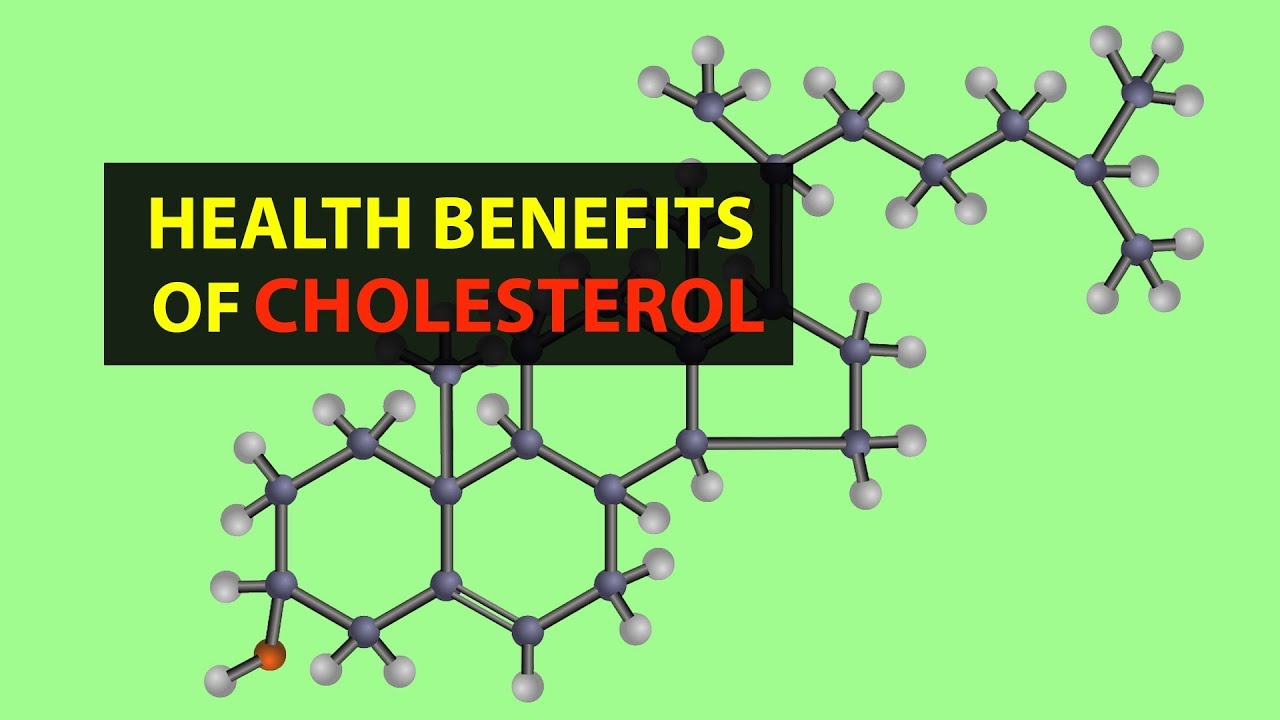Benefits of Cholesterol – A Comprehensive Guide
Understanding the Importance of Cholesterol
Cholesterol is often portrayed as a harmful substance that should be avoided at all costs. However, it is important to note that cholesterol plays a vital role in our bodies and offers several benefits. In this article, we will explore the various advantages of cholesterol and debunk some common misconceptions.
The Role of Cholesterol in Our Body
Cholesterol is a waxy, fat-like substance that is naturally produced in our liver and can also be found in certain foods. It is essential for the proper functioning of our body as it serves as a building block for cell membranes, hormones, and vitamin D. Cholesterol is also involved in the production of bile acids, which aid in the digestion and absorption of dietary fats.
Protection and Insulation
One of the key benefits of cholesterol is its role in protecting and insulating our cells. Cholesterol is an integral component of cell membranes, providing them with stability and strength. It helps maintain the integrity of cell walls, preventing them from becoming too rigid or too fluid. This protective function is crucial for the proper functioning of our cells and overall health.
Hormone Production
Cholesterol is a precursor to the production of various hormones in our body, including cortisol, estrogen, and testosterone. These hormones play vital roles in regulating metabolism, maintaining reproductive health, and managing stress. Without adequate cholesterol levels, the production of these hormones may be compromised, leading to imbalances and potential health issues.
Vitamin D Synthesis
Cholesterol is also involved in the synthesis of vitamin D, a crucial nutrient that supports bone health, immune function, and overall well-being. When our skin is exposed to sunlight, cholesterol undergoes a chemical reaction, converting it into vitamin D. This process highlights the importance of cholesterol in maintaining optimal vitamin D levels in our body.
Brain Function and Nervous System
Cholesterol is an essential component of myelin, a protective covering that surrounds nerve fibers and facilitates efficient transmission of nerve impulses. Adequate cholesterol levels are crucial for maintaining optimal brain function and a healthy nervous system. Research suggests that low cholesterol levels may be associated with an increased risk of cognitive decline and neurological disorders.
Cholesterol and Digestion
Cholesterol plays a critical role in the digestion and absorption of dietary fats. It is a key component of bile acids, which are produced in the liver and stored in the gallbladder. Bile acids help emulsify fats, breaking them down into smaller particles that can be easily digested and absorbed by the body. Without sufficient cholesterol, the digestion and absorption of fats may be impaired.

Contrary to popular belief, cholesterol is not entirely harmful. It serves several important functions in our body, including cell protection, hormone production, vitamin D synthesis, brain function, and digestion. Understanding the benefits of cholesterol can help dispel misconceptions and promote a balanced approach to maintaining cholesterol levels within a healthy range. It is important to consult with healthcare professionals to understand your individual cholesterol needs and make informed decisions for your overall well-being.
Frequently Asked Questions about the Benefits of Cholesterol
1. What are the benefits of cholesterol?
Cholesterol is essential for the production of hormones, vitamin D synthesis, and the formation of cell membranes.
2. How does cholesterol benefit our body?
Cholesterol plays a crucial role in brain development, nerve function, and the production of bile acids needed for digestion.
3. Can cholesterol have any positive effects on heart health?
While high levels of cholesterol can be harmful, it is important to have an adequate amount as it helps repair damaged blood vessels and forms protective plaques.
4. Are there any benefits of cholesterol for brain function?
Cholesterol is vital for the formation and maintenance of brain cells, and it also helps with the transmission of signals between neurons.
5. Does cholesterol have any impact on hormone production?
Cholesterol is a precursor to the production of hormones such as estrogen, testosterone, and cortisol, which play essential roles in various bodily functions.
6. Can cholesterol benefit our immune system?
Cholesterol is important for the proper functioning of immune cells and helps in the production of antibodies to fight infections.
7. Are there any benefits of cholesterol for vitamin D synthesis?
Cholesterol is converted into vitamin D in the skin when exposed to sunlight, and vitamin D is crucial for maintaining bone health and supporting the immune system.
8. How does cholesterol contribute to the formation of cell membranes?
Cholesterol helps maintain the fluidity and stability of cell membranes, allowing them to function properly and regulate the entry and exit of substances.
9. Can cholesterol benefit the absorption of fat-soluble vitamins?
Cholesterol aids in the absorption of fat-soluble vitamins (A, D, E, and K) by forming structures called micelles that transport these vitamins across the intestinal lining.
10. Does cholesterol play a role in the production of bile acids?
Cholesterol is a key component in the synthesis of bile acids, which are necessary for the digestion and absorption of dietary fats.




